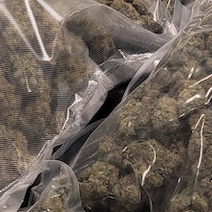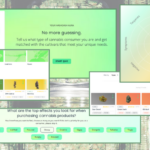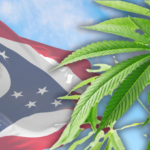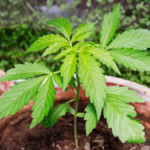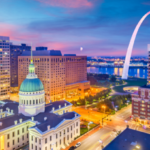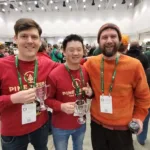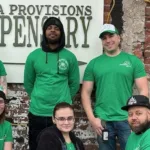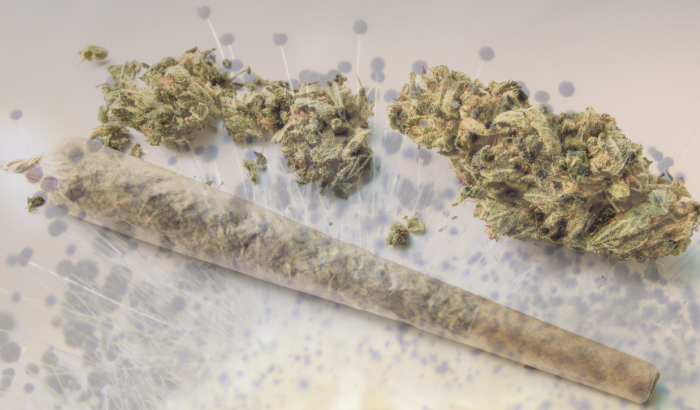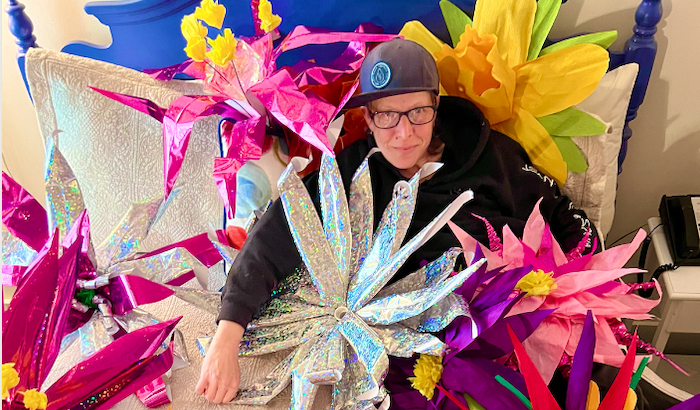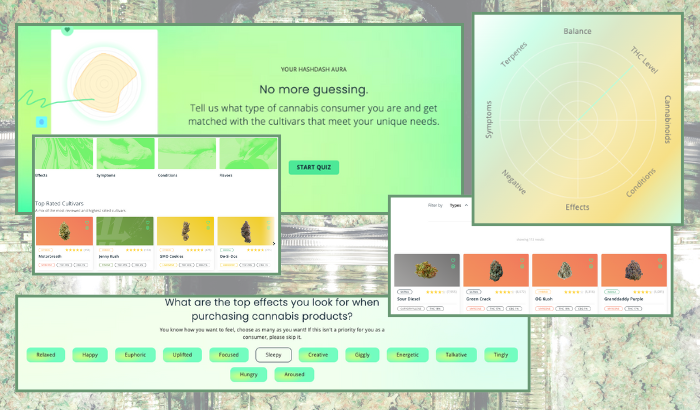
“It could be decades before the federal and state governments allow for equitable and affordable access to these plant therapies”
As we have reported multiple times over the past few years, there is a whole lot happening on the entheogenic plant and psychedelic front in Massachusetts.
From research coming out of institutions like McLean Hospital and Beth Israel Deaconess Medical Center, to groups like Bay Staters for Natural Medicine testing municipal waters in progressive-leaning cities like Cambridge and Northampton, you might even say this is an epicenter of this corner of the healing world.
In line with that momentum, the Human Rights Commission of the City of Worcester recently passed a “Resolution to Study the Deprioritization of Arrests for Growing and Exchanging Entheogenic Plants among First Responders and Veterans.” Their specific wording:
The Human Rights Commission of the City of Worcester requests that the City Manager conduct a study for the City Council regarding the benefits of making arrests for growing and distributing entheogenic plants like psilocybin mushrooms among veterans and first-responders the lowest law enforcement priority of the Worcester Police Department.
It’s a small move, nonbinding and all, but it’s also part of a larger loosening up of the system by bringing in advocates and building bridges. Here’s the executive summary that accompanied the resolution:
Our community is leaving behind our veterans and first-responders, and we owe it to these heroes to ensure the best possible treatments are available for their mental health needs. The Worcester Human Rights Commission therefore urges the City Manager’s Office and City Council to explore making arrests for growing and distributing entheogenic plants such as psilocybin mushrooms the lowest priority of law enforcement as four other Massachusetts cities—Somerville, Cambridge, Northampton, and Easthampton—have done unanimously. It could be decades before the federal and state governments allow for equitable and affordable access to these plant therapies, and there are pharmaceutical lobbyists at the state level actively working to make these treatments prohibitively expensive for many middle-class veterans and first responders in our community.
As the Worcester Human Rights Commission noted, “in an average year, nearly 60 Massachusetts veterans take their own lives by suicide—a rate significantly higher than the national suicide rate.” Meanwhile, “a 2020 meta-analysis of randomized clinical trials dating back two decades found that entheogenic plant-assisted counseling is highly effective in treating PTSD, depression, anxiety linked to terminal illness, and anxiety linked to autism.” And there’s a lot more research where that came from.
“We must take action now because Big Pharma is working to make this medicine available only by prescription, putting it out of reach of many who won’t be able to afford it,” US Marine Corps veteran Bryan Schlundt testified in Worcester. “Many veterans like myself utilize the VA for our medical care. We cannot even be prescribed medical marijuana from our primary care doctors because of the federal prohibition, and this would be no different.”
US Army Veteran Jason Maniscalco added, “If psychedelic plants are not fully decriminalized, as we propose—but simply allowed for targeted medical purposes—a small number of companies through patents could monopolize the market for these substances that indigenous people have used safely for many millennia. This corporate medicalization could make psychedelics inaccessible to people of color and in poverty who distrust the medical system and cannot afford insurance.”




